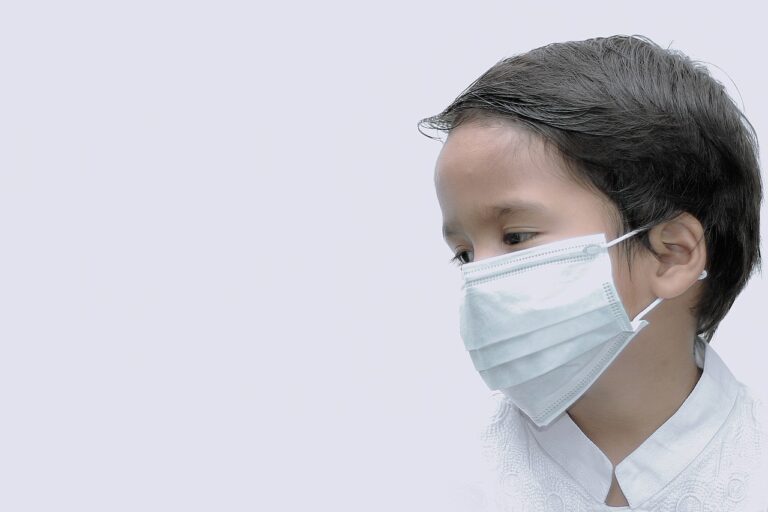Updates in adjuvant therapy for stage III breast cancer: Laser book 247 login registration number, Lotusbook9 com, 11xplay
laser book 247 login registration number, lotusbook9 com, 11xplay: Adjuvant therapy for stage III breast cancer has seen significant updates and advancements in recent years, offering new hope and improved outcomes for patients facing this challenging diagnosis. As researchers continue to make strides in understanding the complex nature of breast cancer, new treatment options are being developed to enhance the effectiveness of adjuvant therapy and reduce the risk of recurrence.
Understanding the Role of Adjuvant Therapy
Adjuvant therapy plays a crucial role in the treatment of stage III breast cancer. This type of therapy is given after primary treatments such as surgery to eliminate any remaining cancer cells that may be present in the body. By targeting these residual cells, adjuvant therapy aims to reduce the risk of cancer recurrence and improve long-term survival outcomes for patients.
Advancements in Adjuvant Therapy Options
Over the years, researchers have made significant advancements in the development of adjuvant therapy options for stage III breast cancer. These advancements include the following:
1. Targeted Therapies: Targeted therapies, such as HER2-targeted agents like trastuzumab (Herceptin), have revolutionized the treatment of HER2-positive breast cancer. These therapies specifically target cancer cells that overexpress the HER2 protein, leading to improved outcomes for patients with this subtype of breast cancer.
2. Immunotherapy: Immunotherapy has emerged as a promising adjuvant therapy option for breast cancer. By harnessing the power of the immune system to target and eliminate cancer cells, immunotherapy offers a new approach to treating breast cancer and has shown promising results in clinical trials.
3. Precision Medicine: Advances in genomic testing have enabled the use of precision medicine in the treatment of breast cancer. By analyzing the genetic makeup of individual tumors, doctors can tailor treatment plans to target specific genetic mutations, leading to better outcomes for patients.
4. Neoadjuvant Therapy: Neoadjuvant therapy, which is given before surgery, has become an increasingly common approach in the treatment of stage III breast cancer. By shrinking tumors before surgery, neoadjuvant therapy can make surgeries less extensive and help improve outcomes for patients.
5. Hormone Therapy: Hormone therapy remains a cornerstone of adjuvant therapy for hormone receptor-positive breast cancer. By blocking the effects of hormones that fuel cancer growth, hormone therapy can help reduce the risk of cancer recurrence and improve long-term outcomes for patients.
6. Genetic Testing: Genetic testing for mutations in genes such as BRCA1 and BRCA2 has become standard practice in the treatment of breast cancer. Identifying these genetic mutations can help guide treatment decisions and personalize therapy for individual patients.
Frequently Asked Questions
1. What are the side effects of adjuvant therapy for stage III breast cancer?
Side effects of adjuvant therapy can vary depending on the specific treatments used, but common side effects may include fatigue, nausea, hair loss, and changes in blood cell counts. Your healthcare team will work with you to manage side effects and ensure the best possible outcome.
2. How long does adjuvant therapy last?
The duration of adjuvant therapy can vary depending on the specific treatments prescribed and the individual’s response to treatment. Adjuvant therapy may last for several months to years, and your healthcare team will monitor your progress and adjust your treatment plan as needed.
3. Will I still need adjuvant therapy if I’ve had surgery for stage III breast cancer?
Yes, adjuvant therapy is typically recommended after surgery for stage III breast cancer to target any remaining cancer cells that may be present in the body. Adjuvant therapy plays a critical role in reducing the risk of cancer recurrence and improving long-term outcomes for patients.
4. Are there any new adjuvant therapy options on the horizon for stage III breast cancer?
Researchers are continually exploring new adjuvant therapy options for stage III breast cancer, including immunotherapy, targeted therapies, and precision medicine approaches. Clinical trials are underway to evaluate the effectiveness of these new treatments and improve outcomes for patients with stage III breast cancer.
5. How can I stay informed about the latest updates in adjuvant therapy for breast cancer?
Staying informed about the latest updates in adjuvant therapy for breast cancer can be achieved by working closely with your healthcare team, staying informed about ongoing research and clinical trials, and seeking information from reputable sources such as the American Cancer Society and National Cancer Institute.
In conclusion, the field of adjuvant therapy for stage III breast cancer is continuously evolving, with ongoing research and advancements leading to new treatment options and improved outcomes for patients. By staying informed about the latest updates and working closely with healthcare providers, patients can access the most effective adjuvant therapy options available and optimize their chances of a successful outcome.







